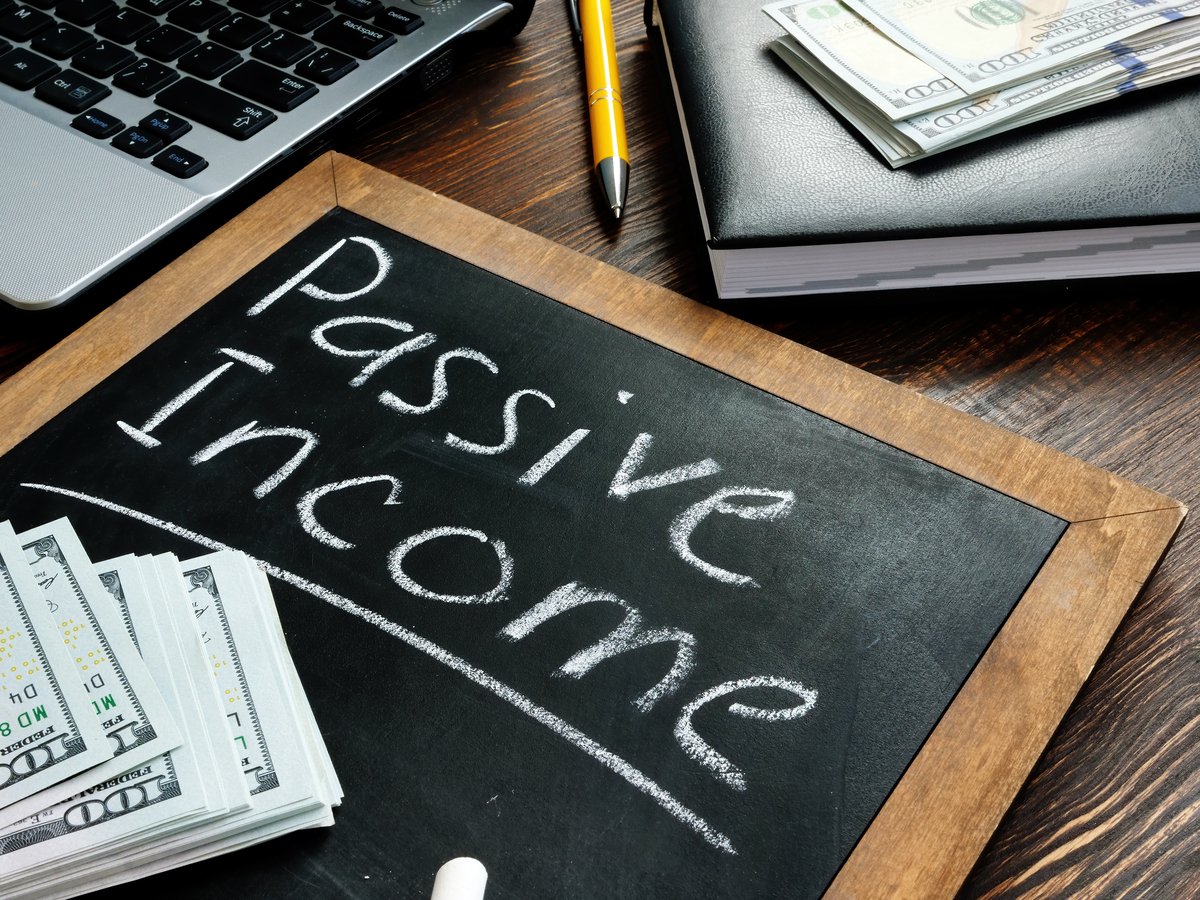Most restaurant teach waiters and order takers to attempt to upsell their customers. That can be a subtle line delivered naturally like "and would you like a beverage with your meal?", or clumsier attempts that seem to offer the whole menu.
When properly done, upselling either subtly gives the consumer permission to add a little something extra without shame (yes, I would like whipped cream on that) or reminds them to order something they do actually want. It's not an easy technique to master, and when done wrong it can irritate customers.
That's why McDonald's (MCD 0.16%) has found a way to take people out of the upsell process. In April the company bought a technology company, Dynamic Yield, that allows it to offer more dynamic menu boards that lead customers to make bigger purchases.

McDonald's has been adapting new technologies. Image source: McDonald's.
A new type of menu
The fast-food chain quickly integrated Dynamic Yield's technology into some of its stores after the acquisition. It installed "Decision Logic" technology on digital menu boards in drive-throughs across multiple regions in the U.S., according to CEO Steve Easterbrook during the chain's second-quarter earnings call.
"Customers have responded to the point of sale suggestive selling by adding French fries, drinks, Chicken McNuggets, and other favorites to their orders," he said, "We're already seeing an increase in average check by improving our ability to offer customers what they are likely to want with suggestions based on time of day, weather and items already in customers' orders."
This goes beyond employee training or remembering to ask customers about add-ons. It's a data-driven approach to driving sales that will get smarter as it gets more data, in theory tailoring operations to each market, or even each store.
McDonald's brought the Dynamic Yield technology to Australia recently, and plans to have it in 8,000 U.S. locations in a few weeks (up from 700 at the time of the earnings call). Easterbrook expects it to be in nearly 100% of the chain's drive-throughs by the end of the year.
"This is another example of using technology to create more engaging experiences for our guests," he said. "Digital capabilities change by the day and impact what customers ultimately expect from us. The technological ecosystem we're building will enable us to meet these rising expectations, positioning us for new opportunities to elevate and transform the customer experience."
Is this a smart move?
McDonald's has shown that consumers want to order more, but there's some shame associated with doing so. Digital orders and orders placed on kiosks are generally larger than those place directly to another human. This type of menu board suggestion could serve as a sort of permission to indulge or add something to an order.
Perhaps more importantly, low-level retail clerks can be clumsy when it comes to offering an upsell. McDonald's can train them to do something -- such as ask if a customer wants an apple pie with their order -- but that's about the limit. This type of artificial intelligence-driven software will allow the company to offer dynamic suggestions that even well-trained employees would not be able to offer, and that should lead to higher checks, as well as more satisfied customers.






